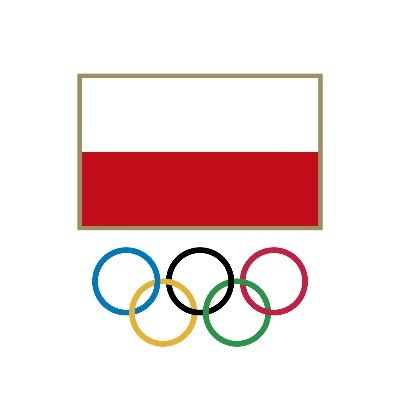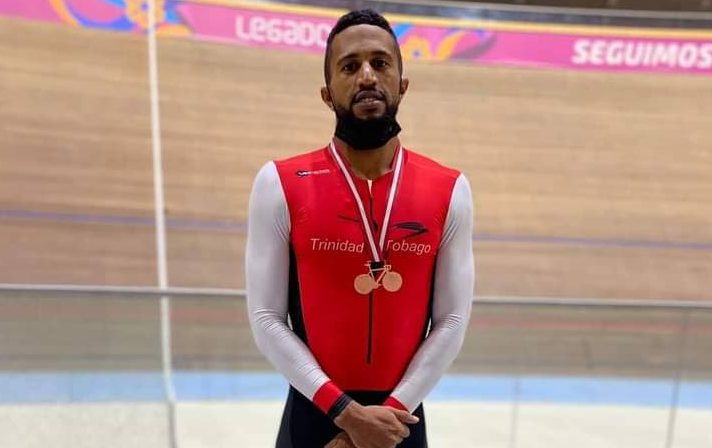...former athlete combines social media with e-commerce
Polish Olympic Committee partners with national tourism organisation
The Polish Olympic Committee (POC) has signed a cooperation agreement with the Polish Tourist Organisation to work on initiatives to promote the country.
UN Human Rights Chief urges immediate, transformative action to uproot systemic racism
GENEVA (28 June 2021) – UN High Commissioner for Human Rights Michelle Bachelet on Monday issued an urgent call for States to adopt a “transformative agenda” to uproot systemic racism, as she published a report casting a spotlight on the litany of violations of economic, social, cultural, civil and political rights suffered by people of African descent – on a daily basis and across different States and jurisdictions.
Agenda towards transformative change for racial justice and equality
Background
The murder of George Floyd, a man of African descent whose death in police custody was captured on video in Minneapolis, United States, on 25 May 2020 and the worldwide protests that ensued forced a long-delayed reckoning with racism.
On 17 June 2020, the UN Human Rights Council held an urgent debate on “current racially inspired human rights violations, systemic racism, police brutality and violence against peaceful protests”. On 19 June 2020, the Human Rights Council adopted by consensus resolution 43/1.
As requested by the resolution, on 1 October 2020, the High Commissioner presented her first oral update to the Human Rights Council at its 45th session. She presented her second oral update to the Council at its 46th session.
Mandate
The resolution requests the High Commissioner to:
- Prepare a comprehensive report, with the assistance of relevant special procedure mandate holders, on “systemic racism, violations of international human rights law against Africans and people of African descent by law enforcement agencies, especially those incidents that resulted in the death of George Floyd and other Africans and of people of African descent, to contribute to accountability and redress for victims”. The report will be presented to the Council at its forty-seventh session taking place in June 2021, to be followed by an interactive dialogue.
- Examine “government responses to anti-racism peaceful protests, including the alleged use of excessive force against protesters, bystanders and journalists”.
- Provide an oral update on the preparation of the report to the Human Rights Council at its forty-fifth and forty-sixth sessions, at the September 2020 and March 2021 sessions of the Human Rights Council.
- Include updates on “police brutality against Africans and people of African descent” in all of her oral updates to the Council.
The High Commissioner established a dedicated team to work towards the effective implementation of Human Rights Council resolution 43/1.
Call for inputs to inform the report
To prepare the report, UN Human Rights sought the views of member States, regional organizations, non-governmental organizations, UN entities, and other key stakeholders via a call for submissions. Inputs received are available on the dedicated report page.
Related documentation, statements and press releases
28 June 2021
UN Human Rights Chief urges immediate, transformative action to uproot systemic racism
العربية | 中文 | Français | Pусский | Español
The High Commissioner’s report: Agenda towards transformative change for racial justice and equality (A/HRC/47/53)
العربية | 中文 | Français | Pусский | Español
and A/HRC/47/CRP.1
Human Rights Council Resolution 43/1
21 April 2021
Statement by UN High Commissioner for Human Rights Michelle Bachelet on guilty verdict in George Floyd case
Verdict is testament to courage, perseverance and justice
Njisane Phillip bags keirin bronze at Pan Am Cycling Champs
TRINIDAD and Tobago cyclist Njisane Phillip captured a bronze medal at the Elite Pan American Track Cycling Championships in Lima, Peru, on Saturday night.
Phillip, competing in the men’s keirin final, grabbed third spot behind the Colombian pair of Kevin Quintero (gold) and Santiago Ramirez (silver). TT rider Keron Bramble finished ninth overall.
The bronze by Phillip is TT’s fourth medal at the championships, which began on Thursday. Phillip, Bramble and Zion Pulido took silver in the men’s team sprint, Akil Campbell won gold in the men’s scratch race and Alexi Costa snatched bronze in the women’s scratch race.
Hammer thrower Gwen Berry turns away from flag while anthem plays at trials: 'I feel like it was a setup'
EUGENE, Ore. -- For the past week, the national anthem has played one time per evening at the U.S. Olympic track and field trials. On Saturday, the song happened to start while outspoken activist Gwen Berry was standing on the podium after receiving her bronze medal in the hammer throw.





